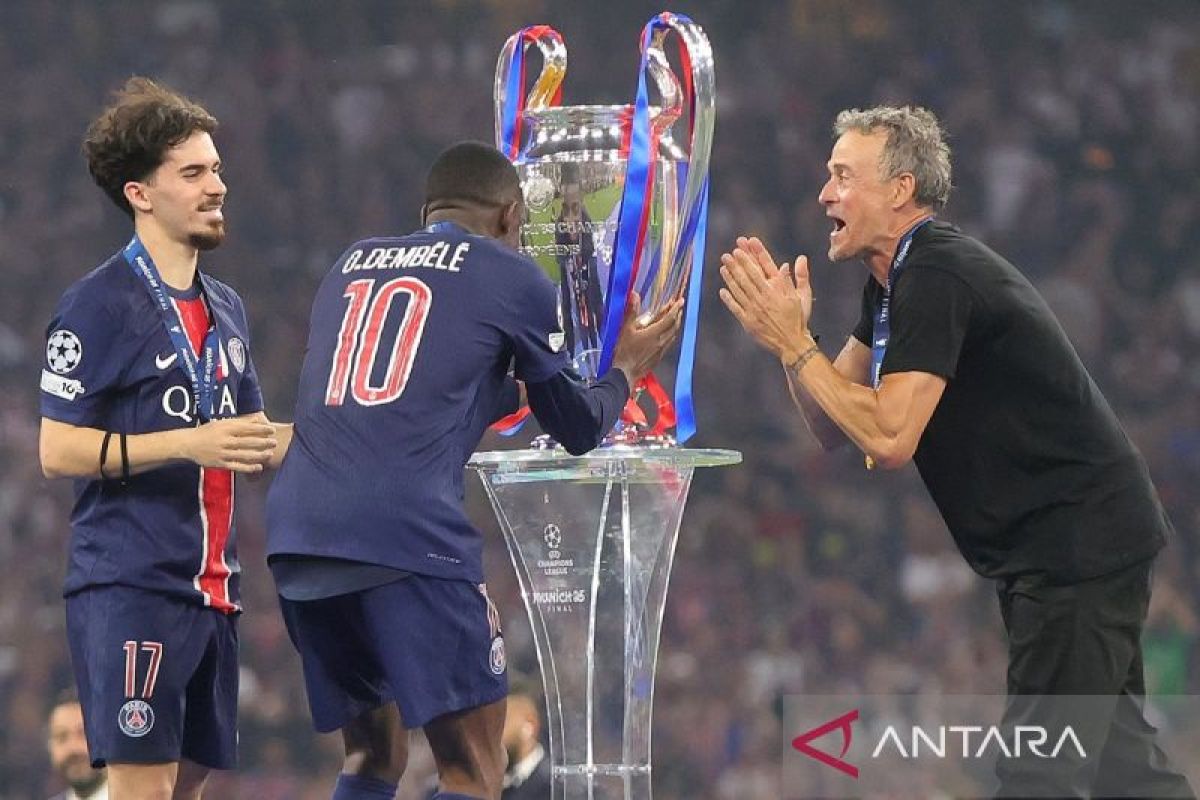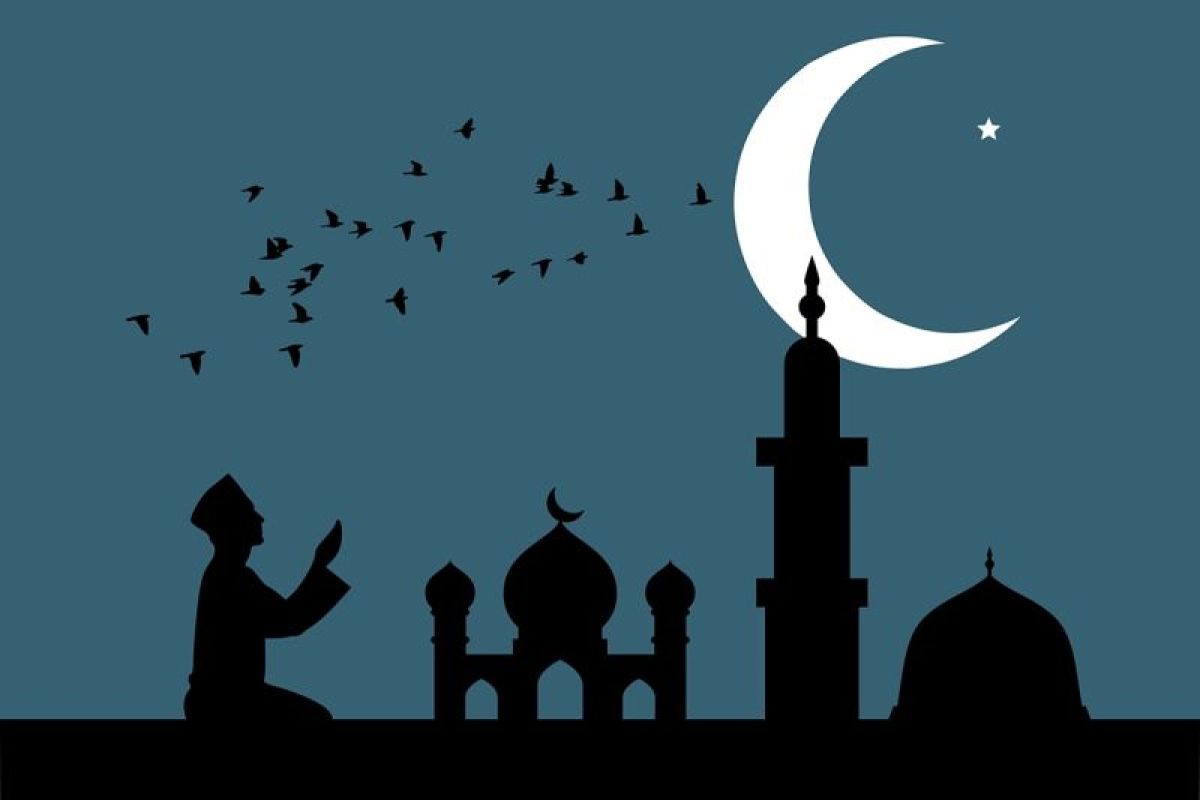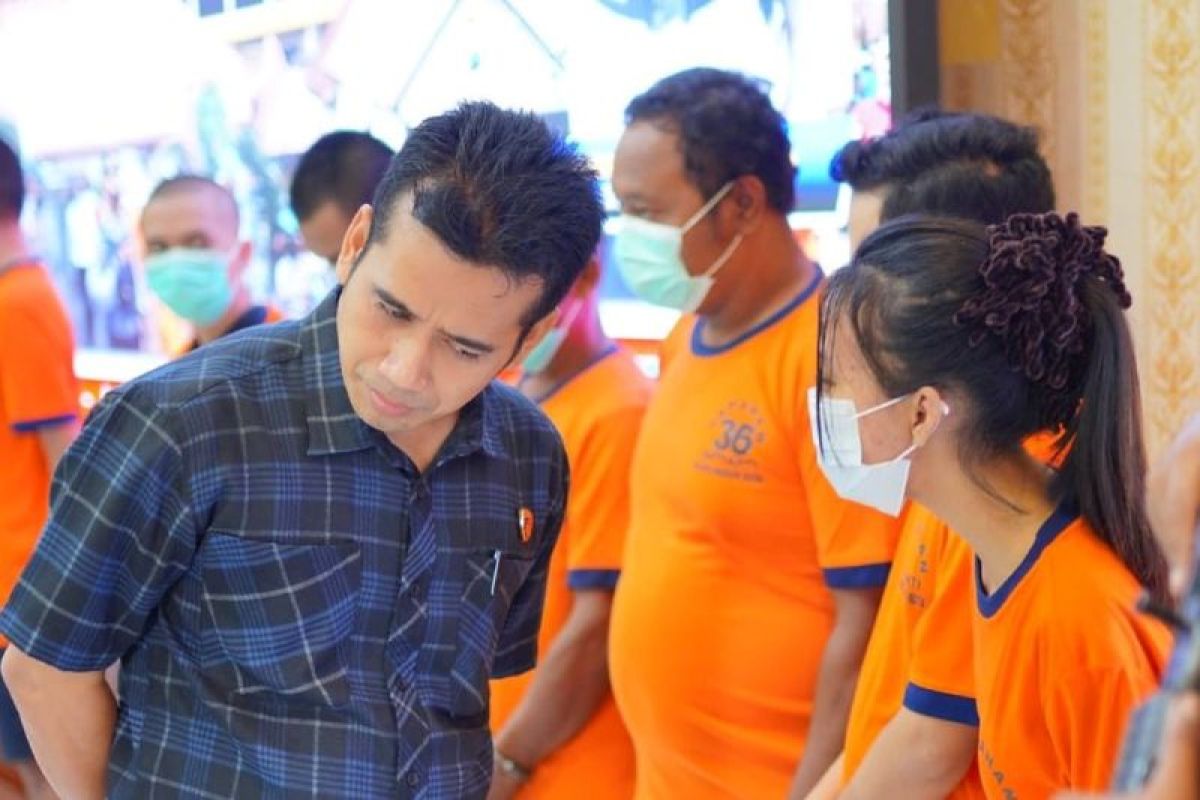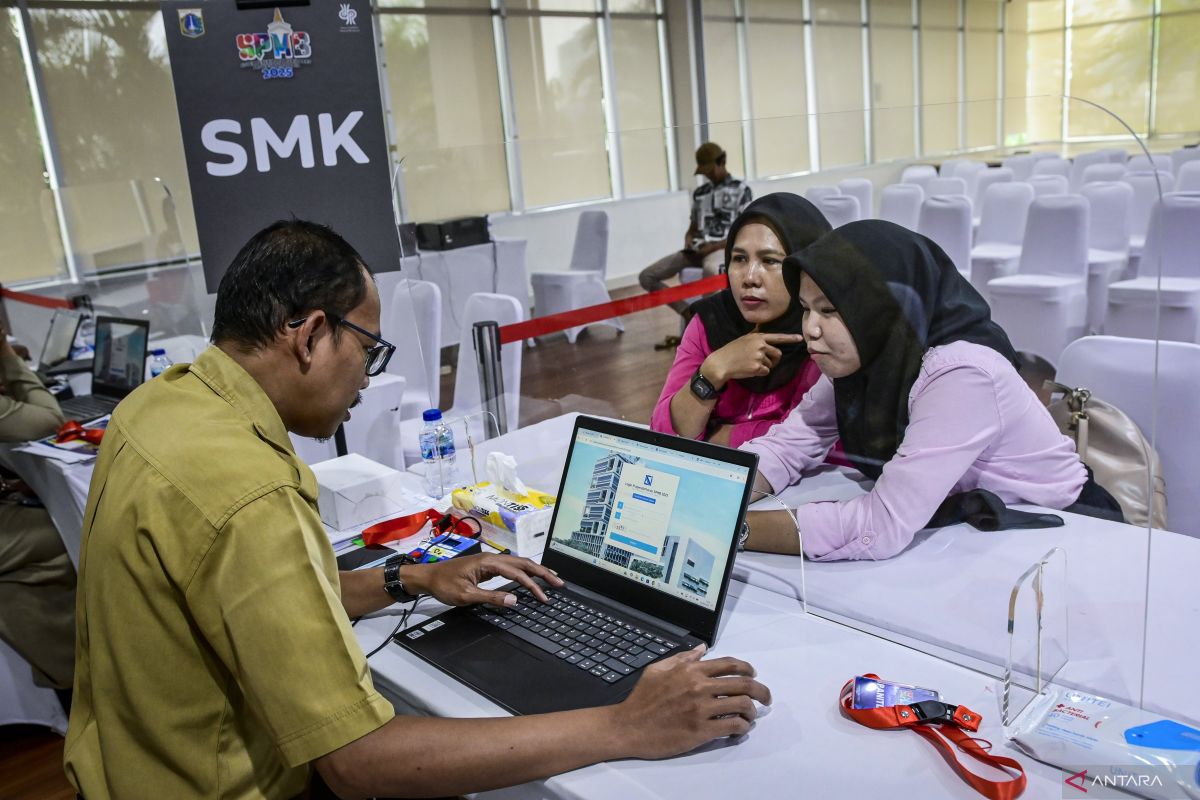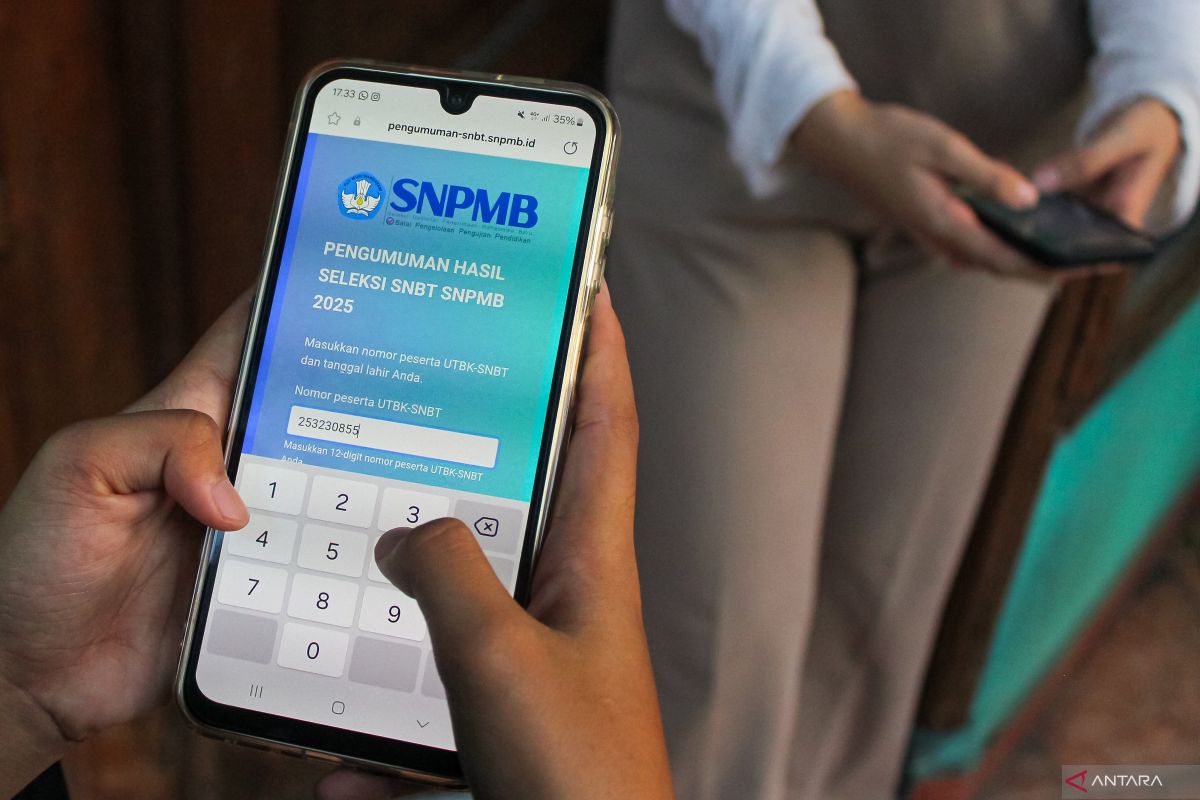Before the fourth Test became a long and frustrating succession of strangled England appeals and stubborn India resistance, before the match turned into a vaudeville of full tosses and slogged sixes, the morning session provided some of the most compelling theatre of even this wonderful series.
It centred on Ben Stokes and his relationship with pain. It is an interesting correspondence that these two share. Sometimes, it almost feels as if they are friends, as if Stokes welcomes pain as just another thing for him to overcome, something to make him feel worthy of this gift that he has been given, and of his father, Ged.
It became evident from the first ball he bowled that the England captain was carrying an injury to his biceps tendon in his right arm. He clutched at it after every delivery but he would not submit to it. He ran in time after time after time, over after over, long after the toll he was exacting on his body began to make many in the ground feel uneasy.
And even though he was clearly in agony, he was still England's best bowler on a day that was to end in disappointment and anticlimax. Only he, and briefly Jofra Archer, caused India any real discomfort. Only he extracted enough life out of redoubtably flat pitch to suggest that England might yet force the win that would have clinched the series.
One of the things that makes Stokes such an inspiring leader and the most charismatic character in English sport is that his career appears to be guided by the principle of sacrifice of self in the service of the team. If that means staring down pain, in refusing to submit to it, then so be it.
Ben Stokes bowled a heroic eight-over spell on Sunday morning — despite carrying a painful bicep tendon injury in his right arm
The England captain grimaced between deliveries and barely used his right hand while fielding — but refused to take himself off
Stokes finally ended India's 188-run stand by trapping KL Rahul lbw — sprinting away in celebration without waiting for the umpire’s decision
Some of it is learned behaviour. His late father, Ged, an indomitable rugby league player, was a famously courageous player who, to less formidable human beings, was almost comically resistant to physical discomfort. The most celebrated example of his defiance was an injury he sustained to his finger in a match in his native New Zealand in 1982.
'I thought to myself, "I don't really want to come off for a dislocated finger",' he said later, 'so I put it back in myself — and broke it. I spent the year playing in England with it strapped up. When I came back, I had to get my knee cartilage trimmed, so I got my finger off at the same time.'
Ged later accepted that spending a season in England with a finger permanently pointing straight ahead was cumbersome'.
The England captain paid an affectionate tribute to his dad when he reached his century here on Saturday, looking to the sky and folding his middle finger under his palm to imitate the effect of his father's amputated digit. It has been his favoured celebration since before Ged passed away in 2020.
But he pays tribute to his father every time he plays because of the manner in which he plays, because of the courage with which he plays, because of the way that his first thought is for the team not for individual successes or, indeed, his own wellbeing.
Only Stokes, only an injured Stokes, ever looked like denying India a famous draw. He bowled his heart out for eight overs in succession in his morning spell, sacrificing himself with the old ball to keep his strike bowlers fresh for the new ball, which was due 17 overs into the day.
From Stokes's first over, when Shubman Gill survived a loud appeal for lbw, and played and missed twice, the England captain, who is this series' leading wicket taker, looked like the most dangerous component of the attack.
Stokes nearly claimed Gill's wicket in his second over when the India captain lofted a shot to extra cover. Ollie Pope leapt to try to catch it and got both hands to it at the top of his leap but the ball was just too high and it spilled from his fingers.
Only Stokes and Jofra Archer seriously threatened India on a flat Old Trafford pitch — as England chased a series-clinching win
After the match, Stokes admitted he had been in agony — but insisted ‘pain is just an emotion’ and said he was unlikely to miss the Oval Test
His battling display was seen as a tribute to his late father, Ged — a former rugby league star who famously played through pain
It was not long before Stokes finally broke India's 188 third-wicket partnership by trapping KL Rahul lbw by rapping him on the pad of his back leg. Rahul was plum and Stokes did not even bother turning to look at the umpire as he ran towards the slips celebrating.
By now, Stokes, who took five wickets in India's first innings, appeared to be in considerable pain. He grabbed at his shoulder after every delivery, wincing and trying to massage the joint with his left hand. When he was fielding in the covers, he let his right hand hang loose by his side to try to get some relief. Soon, it became obvious he could not field with his right hand after a delivery.
But still he did not seek release. The first ball of his fifth over reared up off the pitch and hit Gill on the glove and then smashed into his helmet. Gill leapt away from the crease, shaking his hand. The Indians were not strangers to pain in this Test, either. Rishabh Pant batted with a broken foot earlier in the match.
Stokes bowled on. The drinks break came and went and he resumed from the Sir James Anderson End. Some worried that it was madness, that he might be risking the kind of injury that would stop him travelling to Australia for the Ashes this winter and appearing at the Oval for the fifth Test this week.
But Stokes does not think like that. 'The likelihood of me not appearing at the Oval is very unlikely,' he said after the game. Pain is just another adversary to be conquered. He only yielded when the new ball was due, his job and his duty done.
'How are you feeling physically?' Stokes was asked after the match. 'Been better,' he said with a grin. 'I said a few times to the guys out there, "Pain is just an emotion".'

 1 month ago
14
1 month ago
14
































